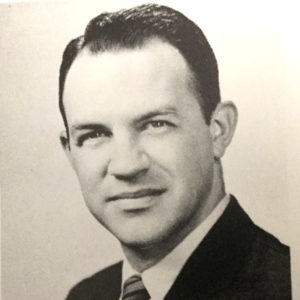 Cleveland Harrison
Cleveland Harrison
Entry Type: Person - Starting with H
 Cleveland Harrison
Cleveland Harrison
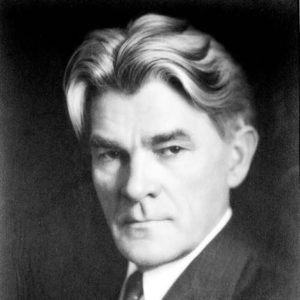 Harvey Thomas Harrison
Harvey Thomas Harrison
Harrison, Marcus LaRue
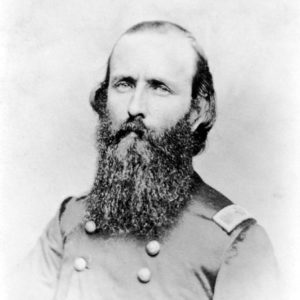 M. LaRue Harrison
M. LaRue Harrison
Harrison, William Floyd Nathaniel
Harrison, William M.
Harrison, William Neal
aka: William Neal Harrison
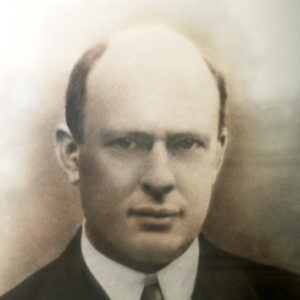 Harry Hallock
Harry Hallock
 HKDSNARC Fish Disease Research
HKDSNARC Fish Disease Research
Hart, Clyde
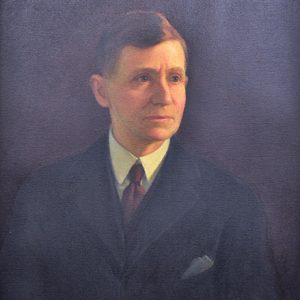 Jesse C. Hart
Jesse C. Hart
Hart, Jesse Cleveland
Hart, Josephine Linker (Jo)
 Melissa Joan Hart
Melissa Joan Hart
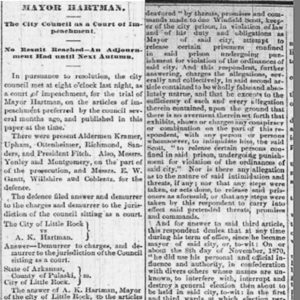 Hartman Impeachment Article
Hartman Impeachment Article
Hartman, Alexis Karl
Hartman, Ena
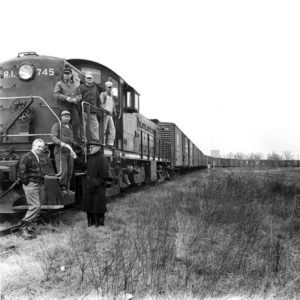 Jake Hartz, Jr.
Jake Hartz, Jr.
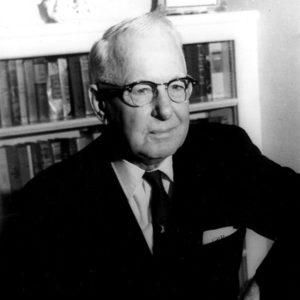 Jacob Hartz Sr.
Jacob Hartz Sr.
Hartz, Jacob, Sr.
Harvey, “Coin”
aka: William Hope Harvey
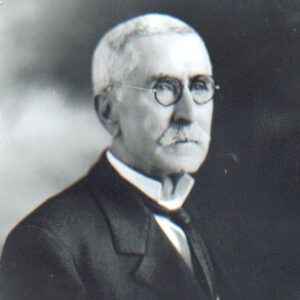 Coin Harvey
Coin Harvey
Harvey, Robert Drennen (Bob)
 Gene Hatfield
Gene Hatfield
Hatfield, Ken
Hatfield, Lester Gene
Hathaway, Isaac Scott
 Carlos Hathcock
Carlos Hathcock
Hathcock, Carlos Norman “Gunny,” II
Havis, Ferd
aka: Ferdinand Havis
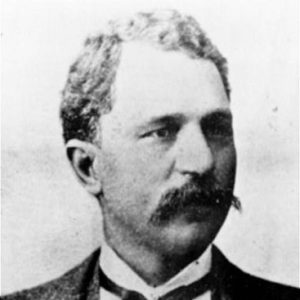 Ferd Havis
Ferd Havis
Hawkins, Dale
aka: Delmar Allen Hawkins
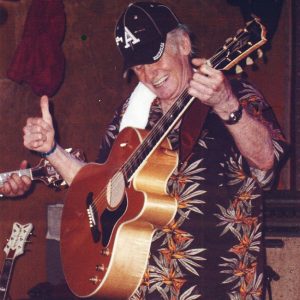 Dale Hawkins
Dale Hawkins
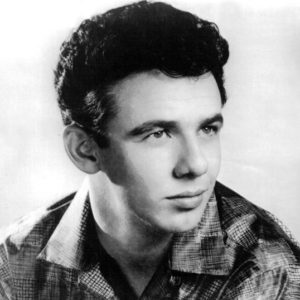 Dale Hawkins
Dale Hawkins
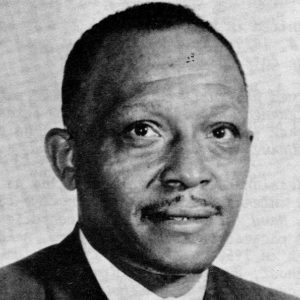 Edwin L. Hawkins
Edwin L. Hawkins
Hawkins, Edwin Luther, Sr.
Hawkins, Marlin Conover
Hawkins, Ronnie
aka: Ronald Cornett Hawkins
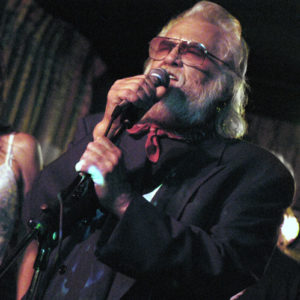 Ronnie Hawkins
Ronnie Hawkins
 Ronnie Hawkins
Ronnie Hawkins
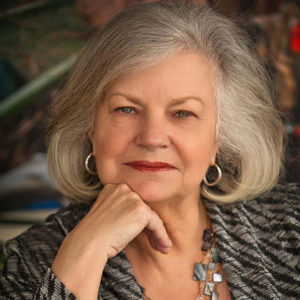 Ruth Hawkins
Ruth Hawkins
Hawthorn, Alexander Travis
aka: Alexander T. Hawthorne
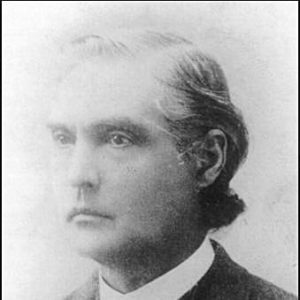 Alexander T. Hawthorn
Alexander T. Hawthorn
Hayes, Morris Kevin
 Morris Hayes
Morris Hayes
Haynes, George Edmund
Haynie, Gussie Faye
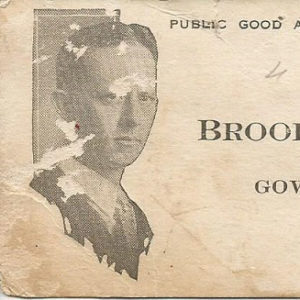 Brooks Hays Card
Brooks Hays Card
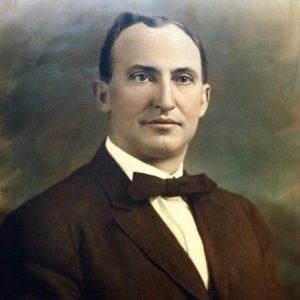 George Hays
George Hays




